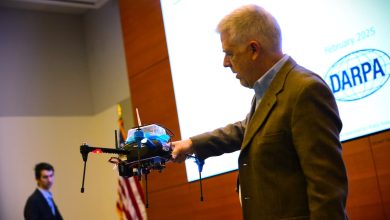Mpox Detected In Iowa Correctional Facility

Mpox, the virus formerly known as monkeypox, has been detected in an Iowa correctional facility. The virus can spread between both humans and animals via skin to skin contact according to the Centers for Disease Control and Prevention.
The Iowa Department Of Corecctions’s (DOC) chief of staff sent KCCI Des Moines, a CBS affiliate, a statement, saying in part, “We are actively managing the situation with robust health measures … like enhanced sanitation and isolation protocols.” KCCI said that it is working on finding out just how many inmates are infected.
UN Is “Concerned” About Monkeypox Outbreak In Africa
“Affected individuals are receiving care, and enhanced sanitation and isolation protocols are in place to prevent further spread,” the statement read.
The monkeypox virus is a part of the same virus family that causes smallpox, according to the CDC. It was discovered in 1958, the virus originally was called monkeypox because it was first discovered in primates, not because monkeys are the source of infection. The World Health Organization has since shifted to calling it Mpox to avoid that unintended stigma, but most people are still calling it monkeypox.
There are two types of Mpox. The clade I type is endemic in central Africa while the milder clade II is endemic in West Africa. A new variant of Clade I, called Ib, appears to spread more easily and that’s the one going around that the rulers continue to say they are “concerned” about.
Most symptoms are similar to those of the flu and also may include pus-filled skin lesions.
Just a few days ago, UNICEF (United Nations Children’s Fund) announced that it has issued an emergency tender for the procurement of mpox vaccines. Vaccines can play a critical role in containing the mpox outbreak which was declared a public health emergency by both the Africa Centres for Disease Control and Prevention (Africa CDC) and the WHO.
Did The Vaccine Eradicate Smallpox?
New Strain Of Monkeypox Discovered In Africa Has “Pandemic Potential”







